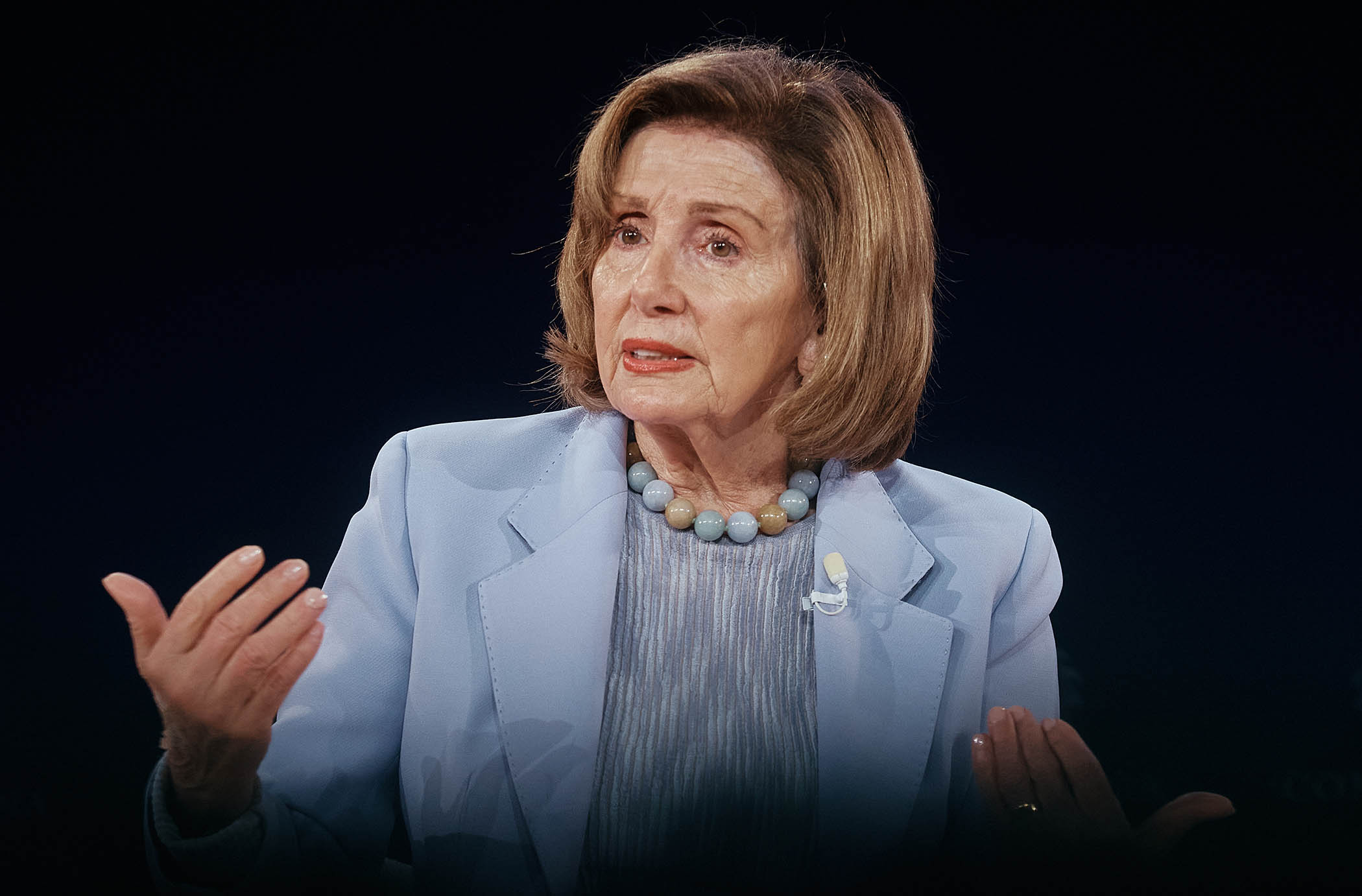After a year of soul-searching in the political wilderness as approval ratings plumbed historic lows, US Democrats bounced back with a string of landmark election victories last week.
Zohran Mamdani, the 34-year-old democratic socialist, was elected the first Muslim mayor of New York with the highest turnout for more than half a century. Moderate Democrats Abigail Spanberger and Mikie Sherrill took back the keys to the governors’ mansions with handsome victories in Virginia and New Jersey. And in California, voters overwhelmingly approved a new congressional map that will boost Democratic hopes of winning back the House of Representatives at next year’s midterms.
‘We have no answer to the question of how to turn out Maga voters when Trump is not on the ballot’
‘We have no answer to the question of how to turn out Maga voters when Trump is not on the ballot’
GOP strategist
But it was the raft of “down-ballot” victories in swing states like Pennsylvania and Georgia that has convinced Democratic leaders that they have hit on a blueprint for victory in 2026 and beyond. Running on the cost of living crisis, Democrats even broke the Republican supermajority in deep-red Mississippi, flipping three seats in the state assembly.
In a triumphant memo to party members, first reported by Time last week, Ken Martin, the chair of the Democratic National Committee, pledged to run in 2026 as the “party of affordability”. While Trump dragged the US into a “gilded recession”, distracted by his $300m White House ballroom and quest for a Nobel prize, Democrats would campaign on lowering costs for working families, he said.

Election winners Zohran Mamdani, Mikie Sherrill, and Abigail Spanberger
The victories for Mamdani, Spanberger, and Sherril also hasten a generational transition within an ageing party. None had entered politics when Trump was first elected president in 2016. The announcement by former House Speaker Nancy Pelosi that she would not seek re-election for her San Francisco seat next year has only cemented the sense that a changing of the guard is coming.
The surge of optimism among Democrats is a striking change from the despair that has gripped the party since Trump’s emphatic victory last year, winning all seven battleground states. Democrats lost control of the Senate and failed to take back the House.
It hasn’t taken long for familiar doubts to creep back in, however, or for fresh disputes over what lessons the party, still riven by tensions over age and ideology, should learn from its success last week. On social media, supporters of the “abundance movement” clashed with anti-oligarch activists, and neoliberals with socialists, about the future.
“Never underestimate the Democrat capacity for bedwetting,” said one frustrated congressional aide. “Can’t we just enjoy the moment for a few days?”
Despite electrifying young voters and reshaping the Democratic coalition in New York, winning back thousands of voters who cast their ballot for Trump last year, Mamdani’s leftwing policies have alarmed many Democratic leaders and donors. As they search for an electoral playbook that can win in swing states and districts next year, some argue that the centrist platforms staked out by Spanberger and Sherrill are key to nationwide success.
Newsletters
Choose the newsletters you want to receive
View more
For information about how The Observer protects your data, read our Privacy Policy
“This sharpens the battle lines between the moderates and progressives,” said Hank Sheinkopf, veteran New York strategist and former adviser to Bill Clinton. “There is a generational shift going on. The progressives believe this is their moment.”
The battle lines were already drawn before election night. Asked by CNN if Mamdani was the future of the party, Democratic House leader Hakeem Jeffries said no. His Senate counterpart Chuck Schumer, 74,has refused to say if he voted for Mamdani at all, fuelling accusations that the 74-year-old is out of touch with the Democratic base.
Even amid the euphoria of Mamdani’s victory party on Tuesday, fellow New York progressive Alexandria Ocasio-Cortez lamented that the Democratic nominee had been forced to wage “a two-front war” in New York. “They were not just tasked with defeating a Republican, they were also tasked with defeating the old guard of the Democratic party, that essentially led us to many of the perils of this moment,” the 36-year-old congresswoman for the Bronx told MSNBC, shouting to be heard over the din behind her.
Ocasio-Cortez, who is expected to run for the Senate or even the White House in 2028, dismissed ideological divisions in the party with a swipe at the caution among the Democratic leadership, warning that Mamdani’s victory “puts those folks on notice”.
With primary races already under way, new ideological battles beckon in several battleground states, including Michigan and Maine, where party leaders have endorsed moderate candidates in place of younger, more progressive voices. Establishment Democrats fear a new wave of socialist challengers from candidates who do not possess Mamdani’s gifts and could divide supporters next year. Republicans have already claimed that Mamdani’s victory is proof that the Democrats are now controlled by leftwing extremists.
“The danger for Democrats is that Republicans could be right,” said Sheinkopf. “The socialists want power and they will force traditional Democrats to either get onboard or get out of the way.”
The hand-wringing has exasperated many Democrats, who fear that the lessons of Tuesday night are already being lost.
The Democratic congressional aide called for “good candidates and message discipline. Trump is not popular, he has not delivered on the economy and he is not going to be on the ballot again. Republicans have their own problems.”
Republicans were stunned by the scale of the backlash from voters. One GOP strategist close to the Trump administration said Tuesday’s results were “nothing short of disastrous” and conceded that the president had “taken his eye off the ball” on the economy and cost of living. White House officials have already indicated that the coming weeks will see a renewed focus on affordability.
Despite the verdict from voters, however, Trump himself remains in denial about the mounting economic uncertainty and rising costs triggered by his flagship tariff strategy and whiplash brinkmanship with America’s biggest trade partners.
“If you look at affordability, which they campaigned on, they lied,” the president told reporters at the White House on Friday. “Because they talked about, ‘Oh, prices are up.’ No, prices are down under the Trump administration and they're down substantially.” Underscoring the concern within Trump’s inner circle, however, Vice President JD Vance took to social media to stress the “need to focus on the home front”.
The message was widely seen as a plea to the president as Vance lays the ground for his own 2028 presidential campaign.
“We still have no answer to the question of how to turn out Maga voters when Trump is not on the ballot,” the GOP strategist acknowledged. “Alarm bells are ringing.”
Photographs by AP, Getty Images, Andrés Kudacki/AP



